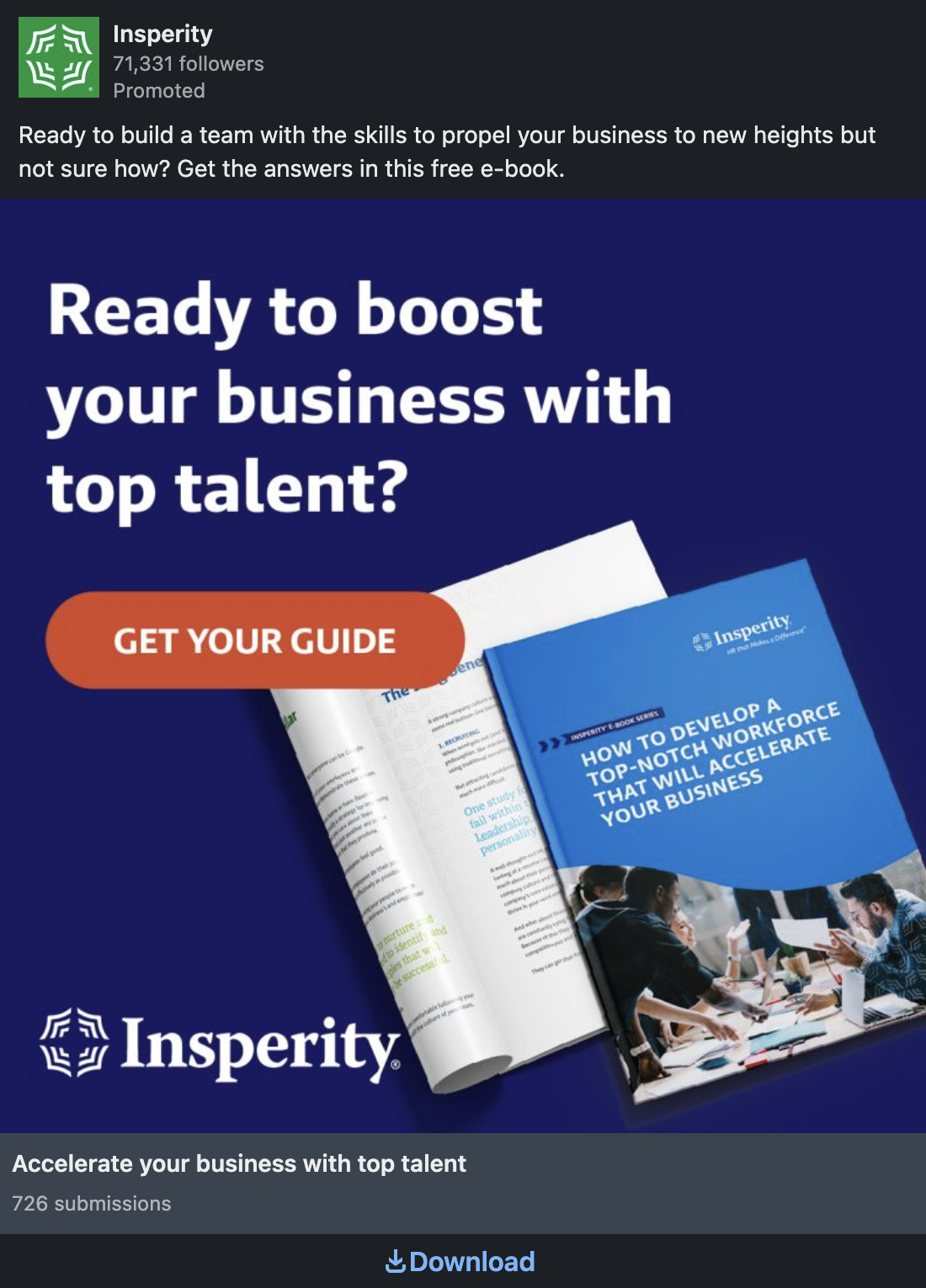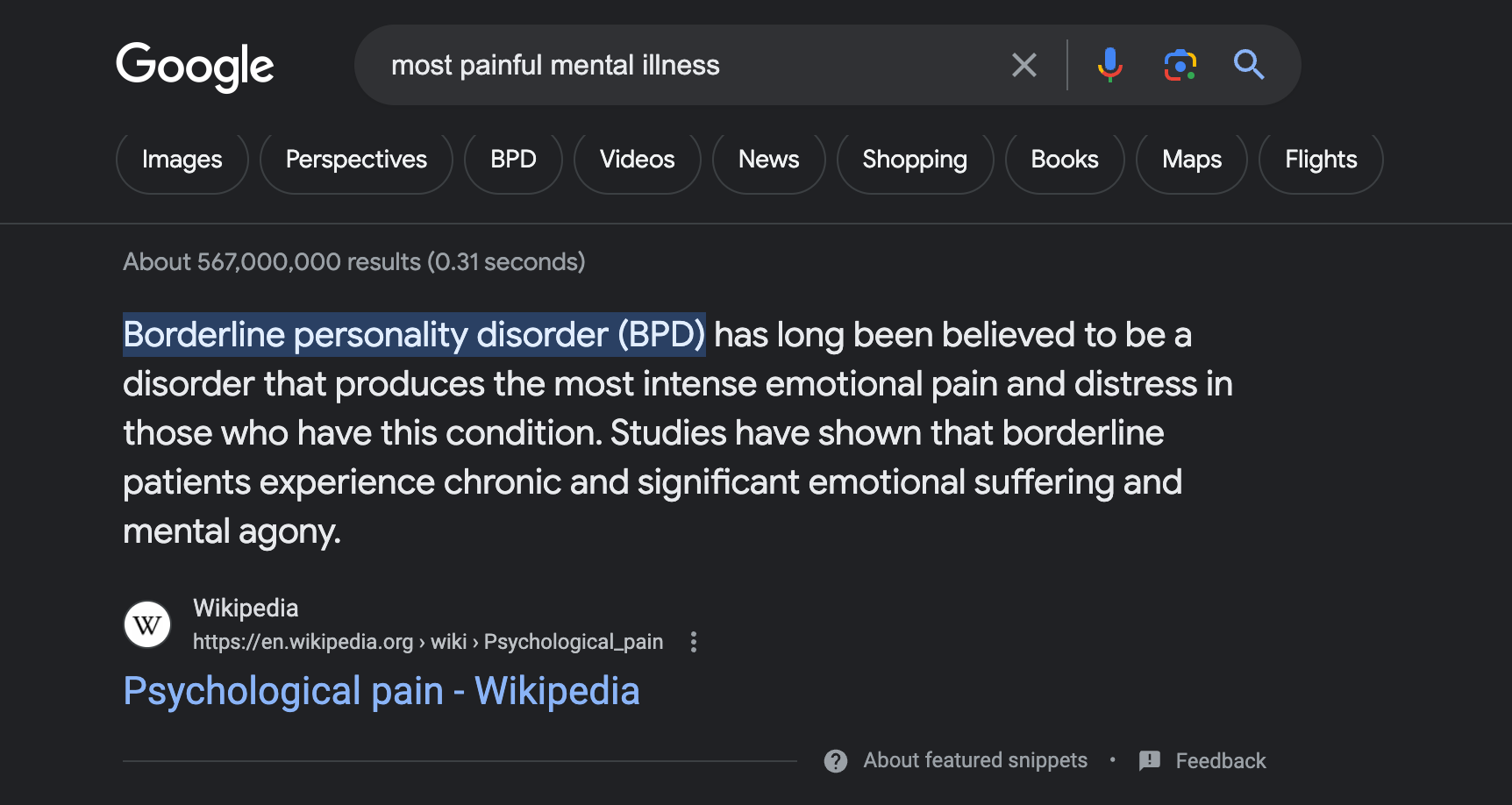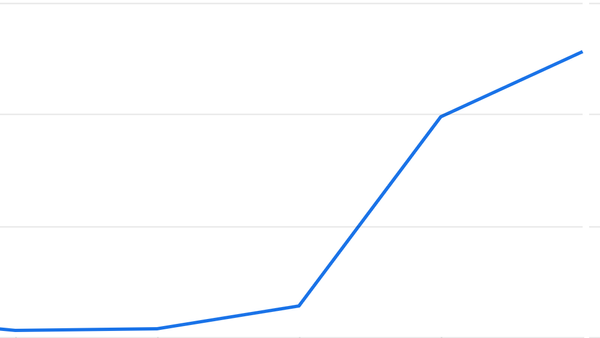Fear of Success
Sometimes failure feels like the safest option. Our present might suck and our pain might be unpleasant, but it’s familiar.

What if you got everything you ever wanted?
I’ve been really afraid lately. Terrified to the point of lying on the couch for hours, paralyzed by anxiety, ignoring emails, Slack notifications, deadlines, and texts. I haven’t sent out contracts for new clients, paid freelancer bills, responded to opportunities, filled out basic forms, or edited videos that were filmed months ago.
Instead, I’ve stared at my computer, felt the panic rise in my throat, and walked over to play puzzles on my iPhone until it’s late enough to sleep. Then I’ve woken up in the morning hating myself for not getting anything done. Rinse and repeat.
You might be wondering what I’m so afraid of. After all, my friends and team often call me a “monster” for how productive I am with work. I get things done at record pace and I scare people with my ambition. My work ethic is a core part of my personality, and something I value about myself. Yet… here I am. Too scared to work even on the basics. Why?
I’m paralyzed because I’m terrified of how good my life has been.
Yes, I feel like a jerk for saying that. I am actively hiding from the world because the world has been too kind to me. And, like many marketers, I am deeply afraid of kindness.
But while this fear makes me feel like an entitled prick, I’m not alone. Fear of success is common. It can be caused by a mental illness, a history of trauma, or just the weirdness of having a silly human brain. We often run away from anything unfamiliar, and failure is a common status quo.
So, let’s explore this contradiction. Let’s think about why fear of success happens and what thinking about that might teach us about marketing.
Why should we care about fear?
As marketers, we default to convincing others of how great our products or services might make their life or work.
In consumer marketing, we might talk about how great someone will look, or how many dates they’ll get, or how easy their chores will become. In business marketing, we might mention how much time someone could save on repetitive tasks, how much more money their company would make, or how easily they could integrate all of their tools. Regardless of what’s being marketed, campaigns often focus on the promise of a better tomorrow.
But what happens when that better future feels… terrifying?
Shallow psychology leads to shallow marketing
I believe that good marketers are experts in human psychology. We can’t convince someone to pay attention, share content, or buy a product if we don’t understand how they act and feel. If we want to influence behavior, we have to know where behaviors come from.
As the amazing Purna Virji writes in “High-Impact Content Marketing”:
“Understanding how people behave and how to persuade them to make spending decisions empowers us to design more intentional, engaging, and effective campaigns.”
Unfortunately, many marketers call quits after learning about limited attention spans, familiarity bias, and (if they’re especially dedicated) emotional appeals to fear or jealousy. And while those concepts are useful… they barely scratch the surface.
Returning to Purna:
“We may think we’re writing for our audiences, but we’re actually only writing for ourselves. As a result, many end up taking a more superficial approach, which is why we end up with the well-intentioned but less-than-ideal “we”-isms. Remember, surface level isn’t enough. For longevity, you need empathy to strike the right chords with your audience.”
I can’t keep track of how often I get excited hearing someone talk about emotions in marketing, only to suffer overwhelming disappointment when they suggest making people feel FOMO. Why are we reducing the incredibly vast spectrum of human experience to shallow gimmicks? I promise, marketers can (and should) do much better than tricking people long enough to open their wallets.
What if you explored a different way of marketing through emotional appeal? What if… (trust me for a second) you developed empathy for emotions that are messy or even ugly? What if you tried to show your audience that you understand how complicated being a human can sometimes feel?
Consider fear of success
As I mentioned in the introduction, sometimes failure feels like the safest option. Our present might suck and our pain might be unpleasant, but it’s familiar. We know how much our reality hurts. But a better future? That’s strange, new, and uncertain.
And nothing is scarier than fear of the unknown.
Humans often self-sabotage. We might feel so scared of even considering that our life could improve, that we actively harm our chances of finding out. We could run late to a job interview, ignore an email proposal, or insult someone we admire. We could sit on the couch eating the third pizza of the week instead of going to the gym. We could avoid pitching anyone about our services while our bank account balance plummets towards “zero”.
None of those behaviors make intuitive sense. Why would someone choose to make their life worse? But… stop and really consider this question:
IF YOU GOT EVERYTHING YOU’VE EVER WANTED, WHAT WOULD YOU HAVE?
Think for a minute. Imagine what that would look like. What dreams have you declared impossible? What goals have you given up on? What did you say for your New Year’s resolutions a year, maybe two years ago?
Picture that all of those wishes came true. You are successful, wealthy, loved, healthy, and free to do whatever you want. Your business went public or got acquired, your dream clients signed on for retainers at an unlimited budget, your boss praised you for your hard work, your team reached all milestones early, and you’ve finally been freed of the anxieties plaguing every day of your life.
Now what?
If you’re like me, you might’ve felt a sudden pang of fear. Mine tends to pop up in my upper back, around my left shoulder. Then, my jaw tightens until my teeth are grinding together. If I really imagine this future, my knuckles turn white.
I don’t know why you might be afraid of your dreams coming true. The true terror hiding in the shadows is different from one person to another. But most of us do have a demon of some sort creeping up on us whenever we get too close to happiness.
My demon tells me that I don’t deserve good things. It whispers that I’m a waste of space, that everything I achieve is stolen from someone who deserves it more than me, and that I should have never been born.
Your demon might tell you something different. But I imagine that its voice is as terrifying to you as mine is to me. And I am sorry that our brains are fighting us so viciously. I wish being human was a bit easier too.
So, imagine you’re like me. You’re a business owner afraid of your own success, and you feel like your company is growing too fast for its own good. You don’t think you deserve all the attention you’re getting. You worry that you are not good enough to be responsible for the livelihoods of other people, so you are too afraid to hire new employees.
Now, how do you feel seeing an ad like this?

Emotional ignorance: when marketing feels out of touch
When we avoid engaging with emotional complexity, our marketing falls flat. The ad I shared above is technically doing everything by the book:
- Focus on the viewer, addressing them directly with second-person language (“your business”)
- Clear value proposition with a promise of improvement (“proper your business to new heights”)
- Simple and low-commitment offer (“free e-book”)
- Specific pain point (“not sure how”).
Despite all of that, this ad still feels off. I am definitely part of its target audience, I technically experience the problem it’s addressing, yet I don’t resonate with any of that copy. I don’t feel seen. Why?
This example brings us to a concept that I’ll term “emotional ignorance”. Emotional ignorance is when marketing fails to empathize with the people it addresses by reducing human feelings to generic formulas.
Emotionally ignorant messaging is simplistic, sanitized, and shallow. Such content might reference emotions with its language (e.g. “frustrating”) or imagery (e.g. “stop ripping your hair out”), but it never digs into the core experience of feeling them. And by failing to capture the heart, emotionally ignorant marketing is doomed to stay forgettable.
The alternative: what does emotional resonance look like?
Emotionally ignorant marketing is everywhere. So I don’t blame you if you’re currently wondering what an alternative could even look like. Is it even possible to make someone feel anything with your marketing campaigns?
Yes, it is. And the best way to teach yourself how to do it is by using a little trick – forget about marketing. Instead of looking for examples of great “content” in business or in your industry, think about each medium or format that you’re using. Ask yourself: what are you actually trying to create? For instance:
- A blog post is a long-form written piece presenting facts, narrative examples, and quotes in an informative or persuasive way. This format is functionally similar to an essay, a journalistic article, an encyclopedia entry, etc.
- A LinkedIn carousel is a set of slides with images and limited text, exploring the same core argument or story. This format is functionally a presentation, or maybe a web comic.
- A video product walkthrough is a recording showcasing how to use some tool for some purpose, and any unique characteristics or quirks. This format is functionally similar to a short lecture, appliance setup guide, or even an old-school infomercial.
As you can see from my examples, the world of content inspiration is much wider than the narrow boxes that us marketers tend to paint ourselves into. There are so many ways of sharing information and connecting with others.
Humans have been making “content” as long as we have existed on planet Earth, so why are we reducing our swipe files to less than 0.000001% of human creation?

The fatal flaw of audience research
As you embark on a quest to better understand and empathize with the humans in your target audience, beware of a trap.
You see, a lot of business research is conducted under a false premise. As wonderful as surveys, interviews, or social listening can be, they can also mislead you. All qualitative research methods suffer from the same core problem – humans lie. Humans lie all the time, to others and to themselves.
You cannot blindly trust that another person will tell you what they truly think and feel. Even if they really want to, they probably can’t. As Loran Nordgren and David Schonthal write in “The Human Element”:
“People don't always understand the true reasons why they feel the way they do. And even if they did, they might not possess the language to articulate it clearly. People are, in many ways, strangers to themselves. To understand this idea, we must distinguish between feeling and emotion. Feeling is the felt experience. Emotion is the complex, cognitive engine that determines how we feel. People know how they feel. They know when they feel happy or sad, for instance. But they struggle to accurately explain why.”
The conflict between what we feel and the reasons why we feel can get… extreme. We may be blind to our own emotions because of our cultural assumptions, social expectations, inattentiveness, or even mental illnesses.
A case study in contradictory emotions: My BPD
I recently added another diagnosis to my collection: borderline personality disorder (BPD). Essentially, my genetics and upbringing gave me a brain that can’t process emotions in a healthy way. Or, in the words of Marsha Linehan:
“People with BPD are like people with third degree burns over 90% of their bodies. Lacking emotional skin, they feel agony at the slightest touch or movement.”
I feel all emotions very intensely. I can go from bouncing from walls with joy to sobbing on the floor in the span of 10 minutes (if not quicker). Within a normal day I often experience ecstasy, depression, rage, astonishment, terror, and delight. If you read through the archive of newsletters here on ADMD, you might notice how often I mention crying or laughing. And I don’t tend to exaggerate portrayals of my emotional state. I really am this dramatic, 100% of the time.
As you may suspect, feeling so many strong emotions can mess a person up pretty bad. There’s a reason why us folks with BPD can wear this dubious badge of honor:

Emotional agony is not just unpleasant, it’s dangerous. Up to 70% of BPD patients attempt suicide, and up to 95% engage in some form of self-harm. And so many of us have no idea why we continue making ourselves feel worse.
In a previous newsletter, I wrote about “the dread”: a terrible cocktail of emptiness and fear that tells me I’m worthless. I experienced a lot of trauma in my childhood and adolescence, and so I grew up believing that I don’t fundamentally deserve to be alive.
I experience the dread most powerfully when things are going well. In BPD terminology, I experience what’s called “splitting”: a defense mechanism where my brain sees things in extremes, as all good or all bad. When I’m stressed, my brain can’t handle ambiguity, so it defaults to the most simplistic and familiar ways of seeing myself and the world. Because I have low self-esteem, that default is often an expectation that I am terrible and will mess up everything around me.
For example, I spent most of this week depressed because I couldn’t get myself to send out two contracts for new clients. Both of these companies have said yes to working with my agency, both of them have already negotiated specific terms, and both have agreed on a scope of work. I simply needed to open up PandaDoc, create two new documents from my pre-existing template, and copy-paste some details.
But I couldn’t do it.

I would start worrying about all the ways that these projects could go, and then to protect me, my brain would split into a full black-and-white mode. Suddenly, I was convinced that I’m terrible, don’t know anything about marketing, and shouldn’t send out these contracts because I will only disappoint anyone I work with. I saw these potential clients as perfect, and myself as awful.
If you asked me why I was acting that way, I would have given you a lot of answers. I would have told you that it was because I’m stupid, or because other people are awful, or because marketing is not a real field anyway, or because I hate you and I don’t want to talk to you. Or, if you caught my good side, I would have said it was because I’m wonderful, or because the people waiting on me are perfect, or because these projects are going to change the world of B2B content forever.
So many explanations, but none of them are real. Because the true reason I’ve been stuck on the couch and hiding from the world is that I have a mental illness. And that mental illness is intent on distorting my view of reality and keeping me stuck in a cycle of self-sabotage.
How useful of a customer interview would I have been if you called a few days ago to ask about your product?
Dig deeper
Sure, most people don’t have BPD or a serious metal illness. But even if you were lucky to end up with a healthier brain than mine, you still experience a lot of bias, conflicting emotions, and contradictions.
So when you’re trying to understand why people in your target audience are acting a certain way, remember to dig past easy answers. The first pain point you uncover might seem tempting, but it won’t help you get to the real emotional core.
Instead, aim for true connection. Approach other humans with curiosity, and learn about the complex emotions that drive their behavior. Take inspiration from the millennia of art and media that humans have produced. And keep trying to truly resonate with others in your marketing work.
I wish you the best of luck.
Musical Corner
”Leave Me Lonely” by Ariana Grande.
Part of my BPD treatment includes figuring out who I am as a a person, so I’ve been rediscovering a lot of old interests. One of those has been the music of Ariana Grande. Even though she is one of the most famous musicians alive, she holds a special place in my heart.
Some of her older songs really capture the intensity of emotions that I experience in my own life, like this:
“Is it love when we so easily said goodbye?
Is it love when we've given up before we tried?
Is it love when you stole my peace of mind?
Is it love when you cry, and cry and cry?”
Top 3 Reading Recommendations
- Search Ranking Factors study by Semrush. A great recent report summarizing our current understanding of how Google prioritizes different ranking factors for search results.
- “The Internet is About to Get Weird Again” by Anil Dash. A great overview of how we are headed for a stranger and more interesting internet future.
- “The Whole Scheme” by Benn Stancil. It seems that too many startups are operating as Ponzi schemes fueled by VC funding.





